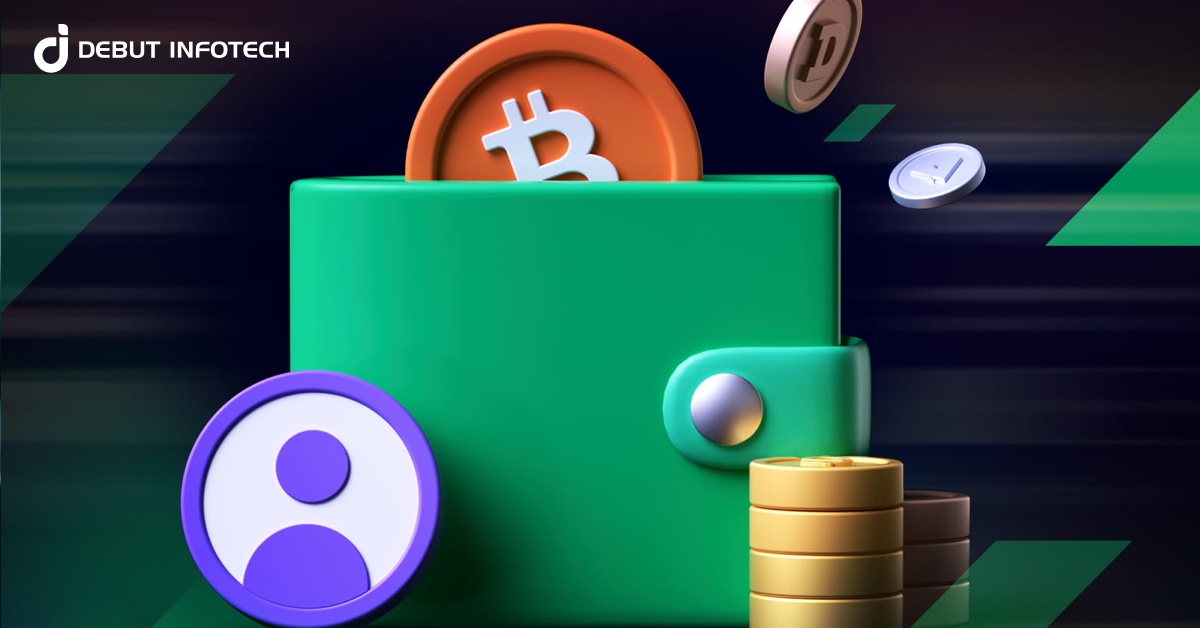In the dynamic world of cryptocurrency, decentralized wallet have emerged as a revolutionary tool for managing digital assets. Unlike traditional wallets, which rely on centralized entities, decentralized wallets offer users full control over their funds, enhancing security, privacy, and autonomy. This blog delves into the essence of decentralized wallets, their benefits, key features, and their impact on the crypto ecosystem.
Understanding Decentralized Wallets
A decentralized wallet, often referred to as a non-custodial wallet, allows users to store, manage, and transact cryptocurrencies without relying on a central authority or third party. These wallets utilize blockchain technology and cryptographic principles to ensure secure and transparent transactions. The defining feature of a decentralized wallet is that it provides users with complete control over their private keys—the cryptographic keys that grant access to their digital assets.
Key Benefits of Decentralized Wallets
- Enhanced Security: The decentralized nature of these wallets significantly reduces the risk of hacking and unauthorized access. Since users hold their private keys, the potential vulnerabilities associated with centralized exchanges or wallets, such as data breaches, are mitigated. Decentralized crypto wallet distribute control across the network, making it more challenging for malicious actors to compromise the system.
- Privacy and Anonymity: Decentralized wallets prioritize user privacy. Transactions conducted through these wallets are recorded on the blockchain, ensuring transparency while keeping the user's identity confidential. This anonymity is particularly crucial in an era where digital privacy is increasingly under threat.
- Full Control and Ownership: Users have complete control over their digital assets with decentralized wallets. There are no intermediaries involved, meaning users can send, receive, and manage their funds without restrictions or delays. This autonomy aligns with the core principles of decentralized finance (DeFi), empowering individuals to manage their finances independently.
- Interoperability and Flexibility: Many decentralized wallets support multiple cryptocurrencies and blockchain networks. This interoperability allows users to manage a diverse portfolio of digital assets within a single wallet interface, enhancing convenience and efficiency.
- Transparency and Trust: Blockchain technology underpins decentralized wallets, providing a transparent and immutable ledger of all transactions. This transparency fosters trust among users, as all transactions are publicly verifiable and cannot be altered retrospectively.
Key Features of Decentralized Wallets
- Private Key Management: Users are responsible for managing their private keys. While this offers enhanced security, it also means that users must take measures to protect their keys, such as using hardware wallets or secure storage solutions.
- Multi-Asset Support: Decentralized wallets often support a wide range of cryptocurrencies, enabling users to manage different digital assets within a single application.
- Decentralized Exchange Integration: Some decentralized wallets integrate with decentralized exchanges (DEXs), allowing users to trade cryptocurrencies directly from their wallets without the need for a centralized exchange.
- Cross-Platform Accessibility: Leading decentralized wallets are available across various platforms, including mobile, desktop, and web applications, ensuring seamless access and management of assets.
- User-Friendly Interface: Despite the complexity of the underlying technology, many decentralized wallets offer intuitive and user-friendly interfaces, making them accessible even to those new to cryptocurrency.
The Future of Decentralized Wallets
As the adoption of cryptocurrencies and blockchain technology continues to grow, decentralized wallets are poised to play a pivotal role in the future of digital finance. Innovations in user experience, security protocols, and integration with emerging technologies like DeFi platforms, non-fungible tokens (NFTs), and blockchain-based identity systems will further enhance their utility and appeal.Incase you want to know about top decentralized wallet check out the blog- Top Decentralized Crypto Wallets For 2024
Moreover, the ongoing development of decentralized finance ecosystems will drive the demand for secure and autonomous wallet solutions. Decentralized wallets will not only facilitate secure asset management but also enable users to participate in a wide range of financial activities, from lending and borrowing to staking and yield farming.
Conclusion
Decentralized wallets represent a paradigm shift in how individuals manage and interact with their digital assets. By offering enhanced security, privacy, and full control, these wallets empower users to take charge of their financial future. As technology advances and adoption increases, decentralized wallets will remain at the forefront of the crypto revolution, shaping a more secure and autonomous financial landscape.




.png)

Comments